Palestinian Territories, Jan 26, (V7N) – A precarious truce aimed at halting the ongoing war in Gaza entered its second week on Sunday, with scenes of celebration following the release of four Israeli hostages and approximately 200 Palestinian prisoners.
On Saturday, Israel and Hamas completed their second exchange under the ceasefire agreement, but a dispute delayed the return of displaced Palestinians to Gaza's devastated northern region. Israel has refused to reopen access to the north until Hamas releases Arbel Yehud, a civilian woman who was expected to be freed on Saturday. Hamas stated that Yehud would be released during the third prisoner swap scheduled for next Saturday.
The disagreement underscores concerns about the multi-phase truce agreement, which began on January 19. The second phase involves negotiations for a permanent end to hostilities, though analysts warn of the deal's fragility due to the deep mistrust between the two sides.
The agreement outlines a six-week timeline during which 33 hostages are to be released in exchange for approximately 1,900 Palestinian prisoners. So far, seven hostages and 289 Palestinians have been freed, along with a Jordanian prisoner released by Israel.
Displaced Palestinians attempting to return to the northern Gaza Strip faced barriers on Saturday as Israeli tanks and armored vehicles blocked the passage. Hundreds were stopped by Palestinian police at the Israeli-controlled Netzarim Corridor, the designated route for returning residents.
Rafiqa Subh, waiting to return to her home in Beit Lahia, expressed her frustration: “We want to go back, even though our houses are destroyed. We miss our homes so much.” She vowed to remain at the checkpoint despite the delay.
The Israeli military announced that the passage would remain closed until Hamas fulfills its commitments under the truce. Military spokesperson Avichay Adraee stated that these restrictions would continue until further notice.
Among those attempting to return was 26-year-old Samia Helles, who has been unable to contact her mother for a month. “I don’t even know if my house is still standing or if my mother is alive,” she said.
Although the truce has allowed for an influx of food, fuel, and medical supplies into Gaza, the United Nations has described the humanitarian situation as “dire,” with widespread destruction and displacement.
On Saturday, four female soldiers were released and reunited with their families, with medical staff confirming they were in stable condition. However, 87 hostages remain in Gaza, including 34 who the Israeli military believes are dead.
The ongoing uncertainty has sparked protests in Israel, with thousands gathering in Tel Aviv to demand the government secure the release of all hostages. Demonstrators voiced concerns over those not included in the truce’s initial phases.
“Our hearts are filled with joy for the hostages who returned, but we remain deeply worried about those still held,” said Efrat Machikava, whose uncle Gadi Mozes is among the captives.
The war, triggered by Hamas’s October 7, 2023 attack on Israel, has resulted in the deaths of 1,210 people in Israel, primarily civilians, according to official figures. Israel’s retaliatory strikes have killed at least 47,283 people in Gaza, most of them civilians, based on numbers from Gaza’s Hamas-run health ministry, which the United Nations considers credible.
The truce’s next phases remain uncertain, with both sides trading accusations of noncompliance, adding to fears that the fragile ceasefire may collapse.
END/WD/RH/



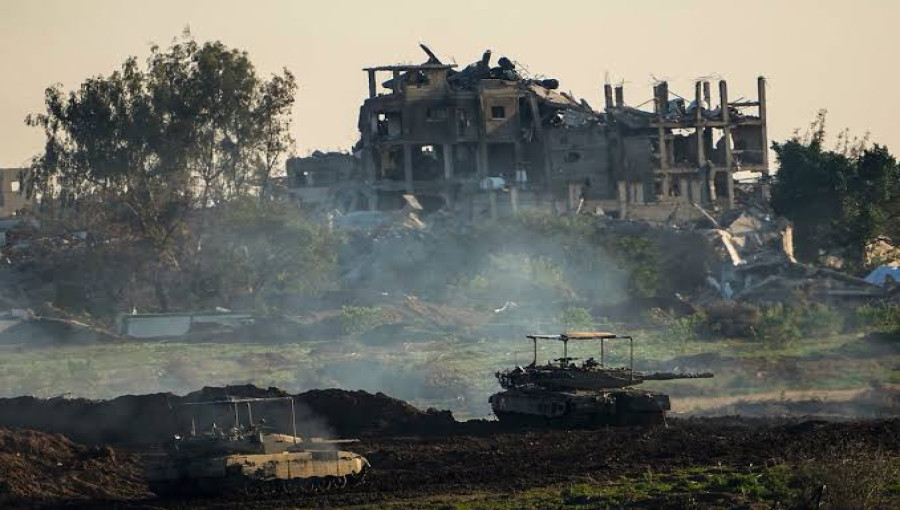
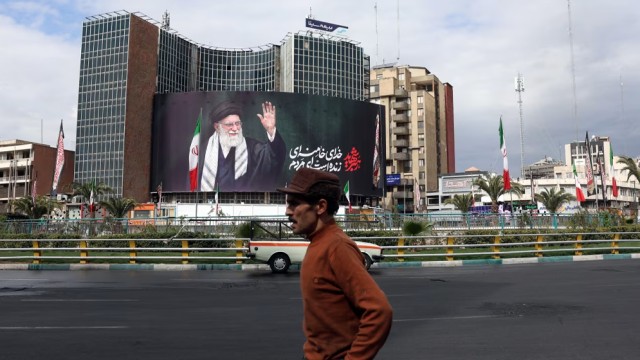
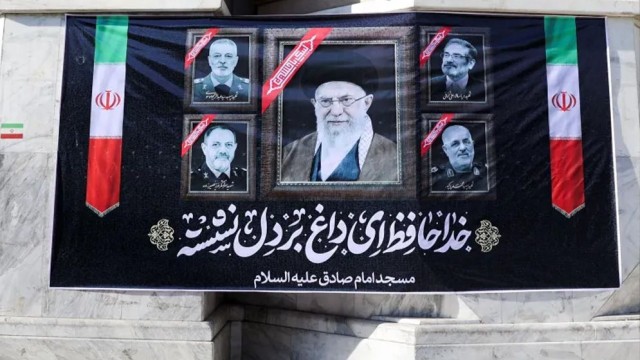
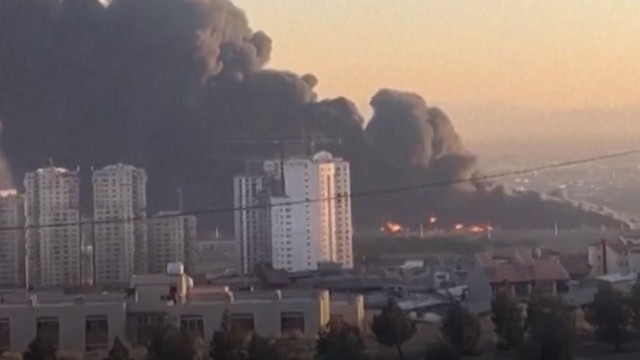
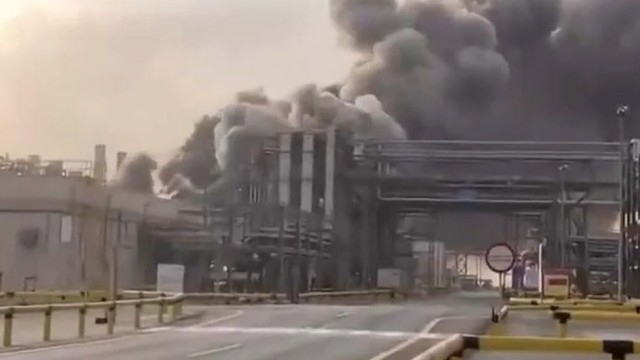
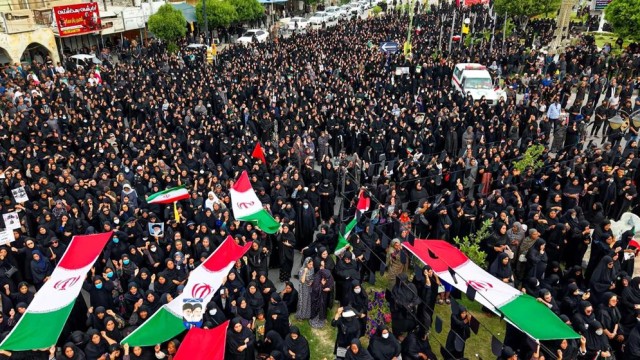
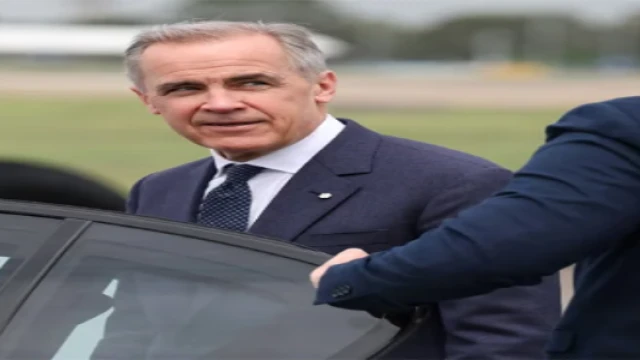
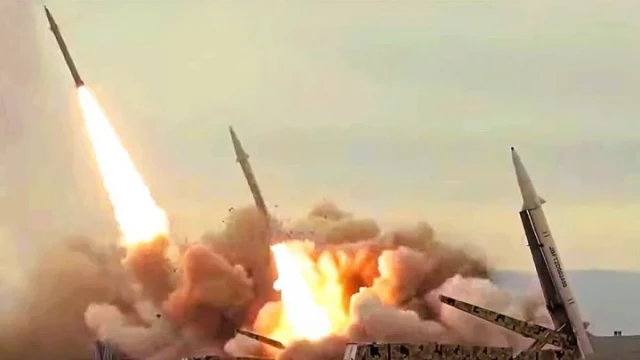
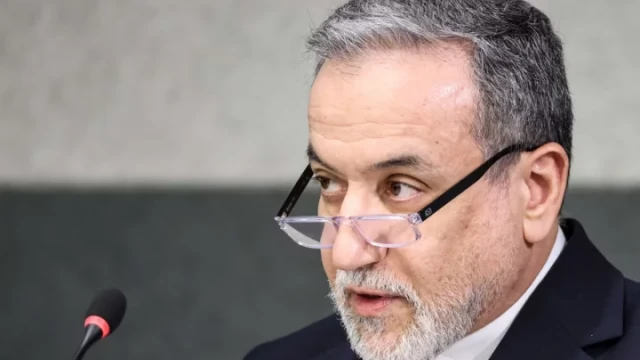


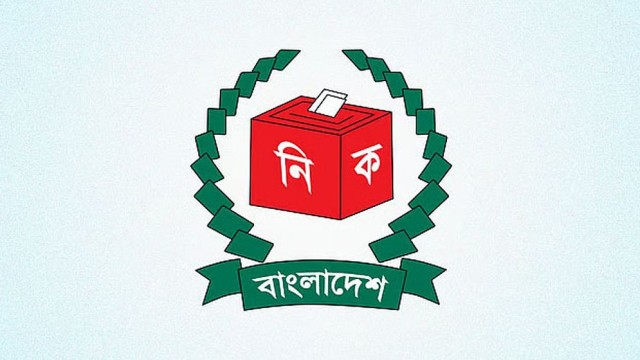


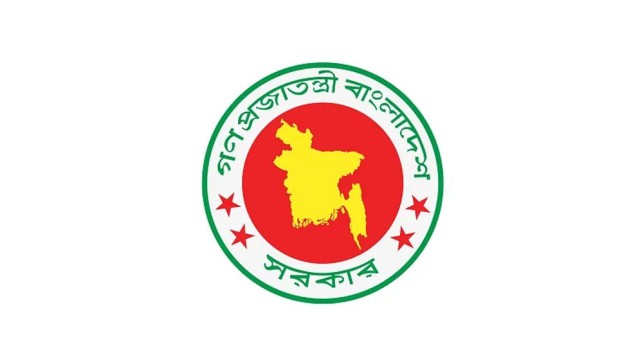











Comment: